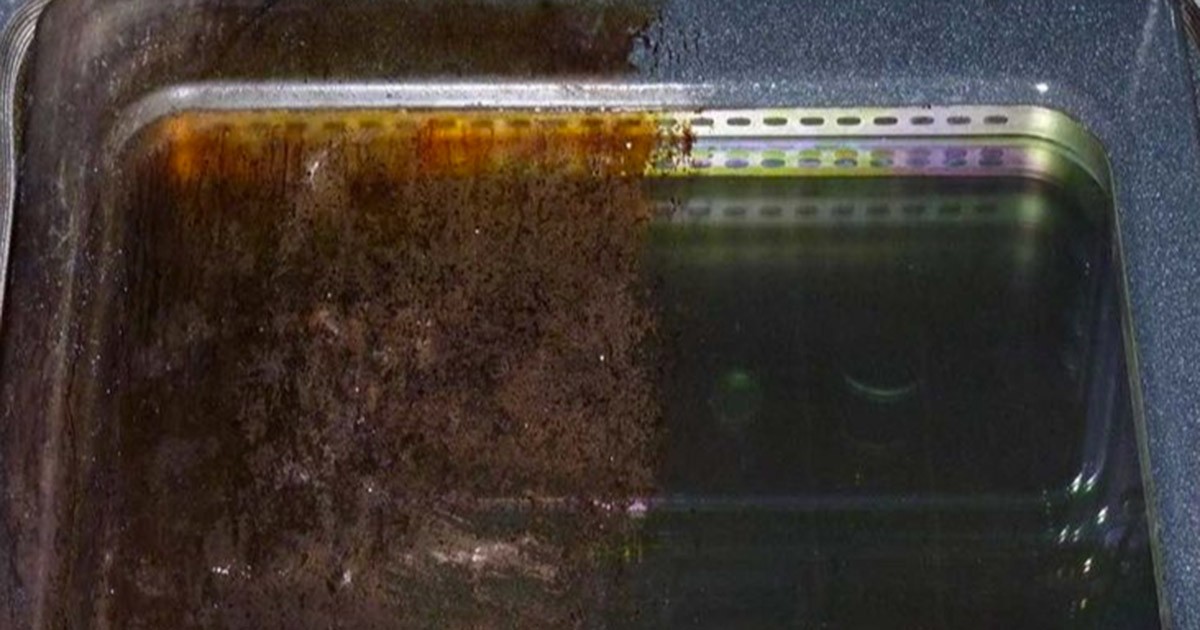
Many people worried about what chemicals are used in fracking cite the potential danger of a hypothetical scenario wherein fluids leaking into the groundwater as the primary reason for their concern. However, there are many misconceptions about what is fracking water and how it is collected and disposed of after it has been pumped into the shale to release natural gas trapped inside.
Once the fracturing process is over, the water rises back to the surface, forced upward by the geologic formation’s pressure, according to the U.S. Environmental Protection Agency. Then, the fluids are stored in pits or tanks to be treated – if the water is to be discharged into surface water – or is injected deep underground. Both options are regulated by EPA departments, and many states are working to revise or create their own laws overseeing gas drilling operations in their areas.
A 2004 study from the EPA investigating the environmental impact of disposing what chemicals are used in fracking into coalbed methane production wells found no confirmed cases of drinking water wells’ quality being compromised as a result.
As the oil and gas drilling technique called hydraulic fracturing (or “fracking”) proliferates, a new study on the contents of the fluids involved in the process raises concerns about several ingredients. The scientists presenting the work today at the 248th National Meeting & Exposition of the American Chemical Society (ACS) say that out of nearly 200 commonly used compounds, there's very little known about the potential health risks of about one-third, and eight are toxic to mammals.
William Stringfellow, Ph.D., says he conducted the review of fracking contents to help resolve the public debate over the controversial drilling practice. Fracking involves injecting water with a mix of chemical additives into rock formations deep underground to promote the release of oil and gas. It has led to a natural gas boom in the U.S., but it has also stimulated major opposition and troubling reports of contaminated well water, as well as increased …
The law exempts gas companies from disclosing the nature of contaminants from fracking flowback which are often laden with toxic heavy metals or radioactive isotopes. The modus operandi of the gas industry is tied to non-disclosure and confidentiality agreements, making research into the health effects of fracking virtually impossible.
Please Read this Article at NaturalBlaze.com





Leave a Reply